Phonics skills development Normal Worksheets for Ages 6-8
6 filtered results
-
From - To
Enhance your child's reading abilities with our engaging phonics skills development worksheets for ages 6-8! Designed to foster early literacy, these normal worksheets provide a fun and interactive approach to mastering phonics. Featuring a variety of activities, including word matching, sound recognition, and blending exercises, they cater to different learning styles and skill levels. Our carefully curated resources focus on building essential skills that support children’s reading fluency and comprehension. Whether used at home or in the classroom, these worksheets make learning phonics enjoyable and effective. Empower your child’s journey to becoming a confident reader today!
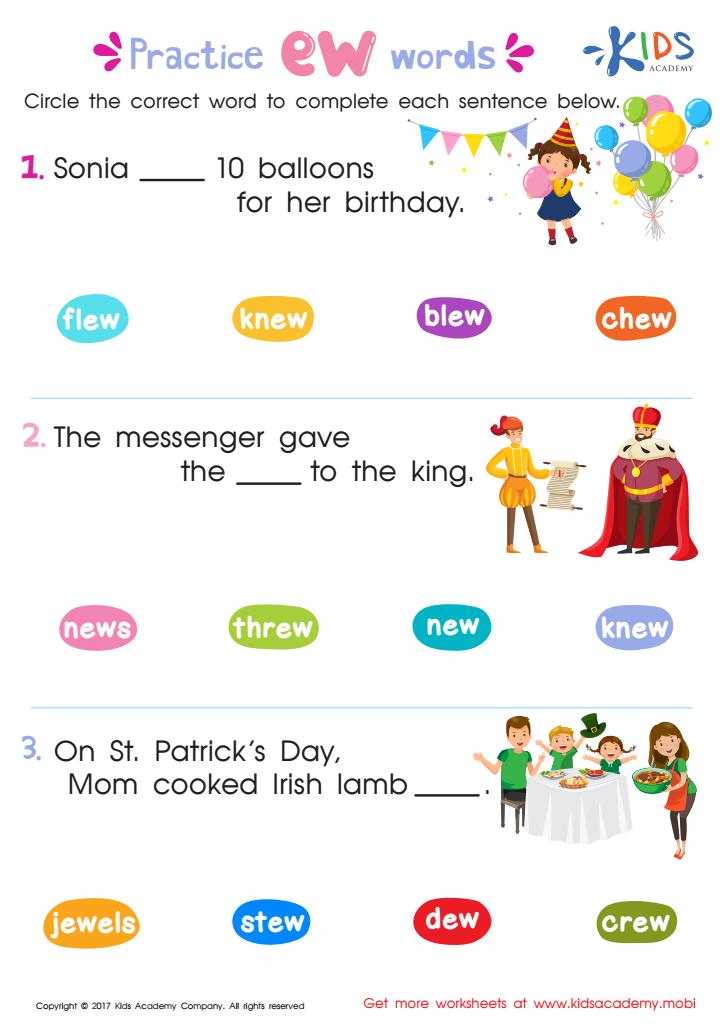

EW Words Worksheet
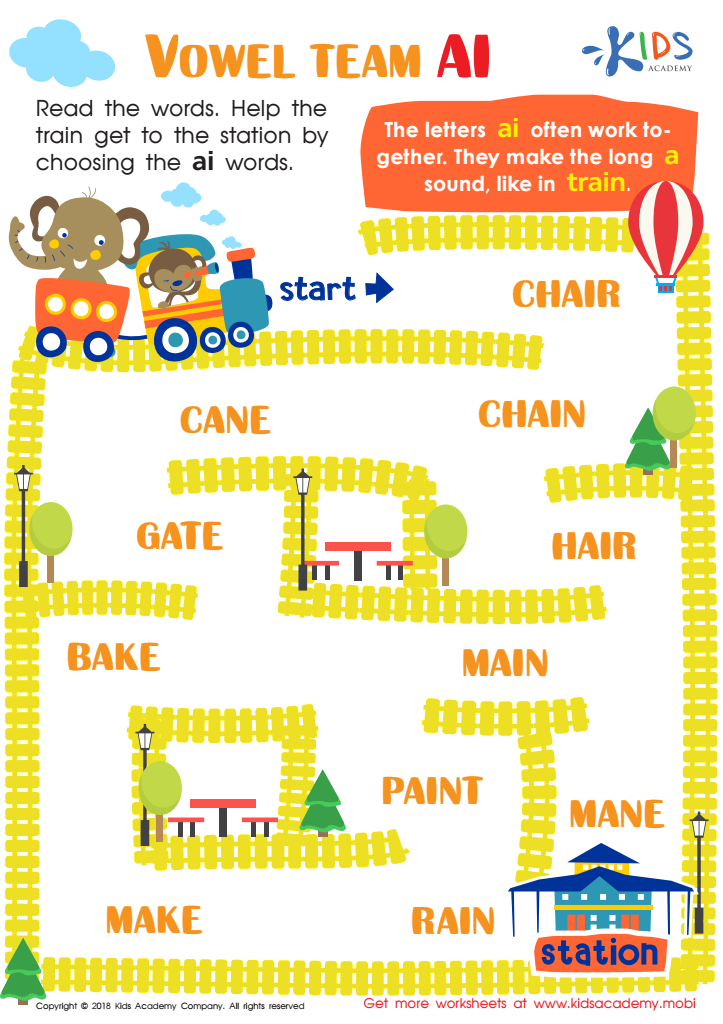

Vowel team ai Worksheet
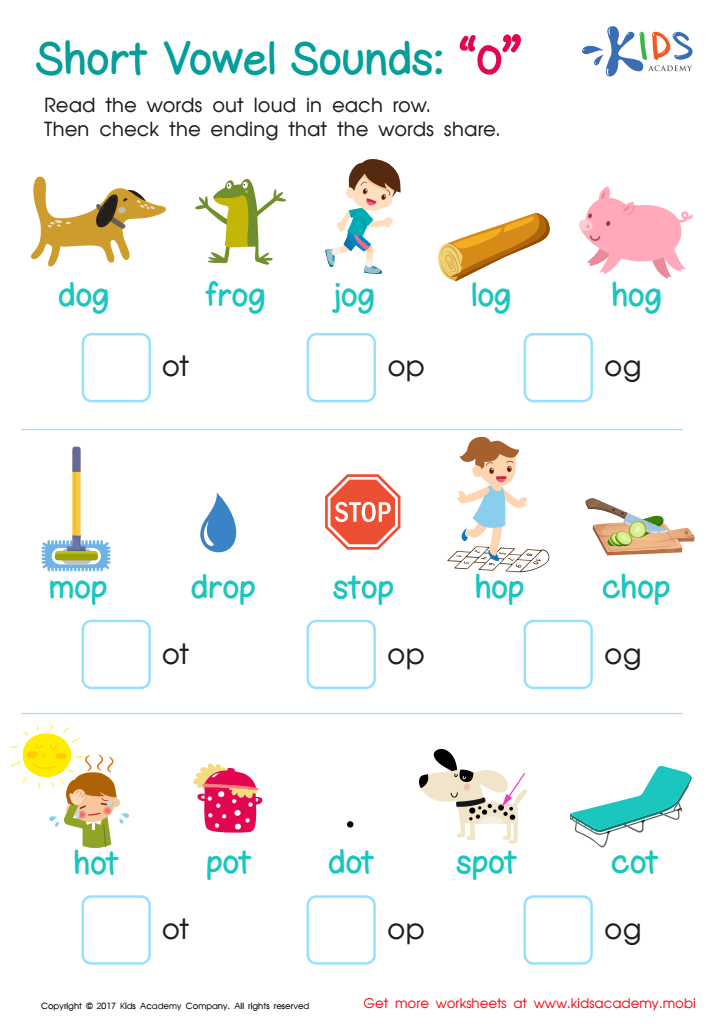

Short vowel Sounds "o" Spelling Worksheet
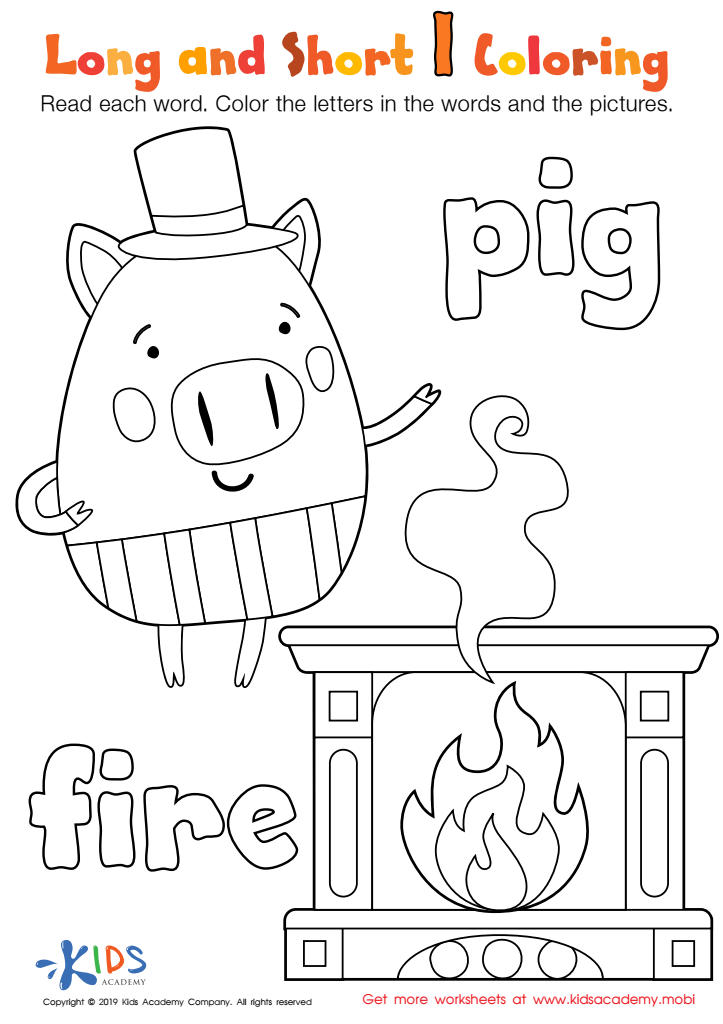

Long and Short I Worksheet
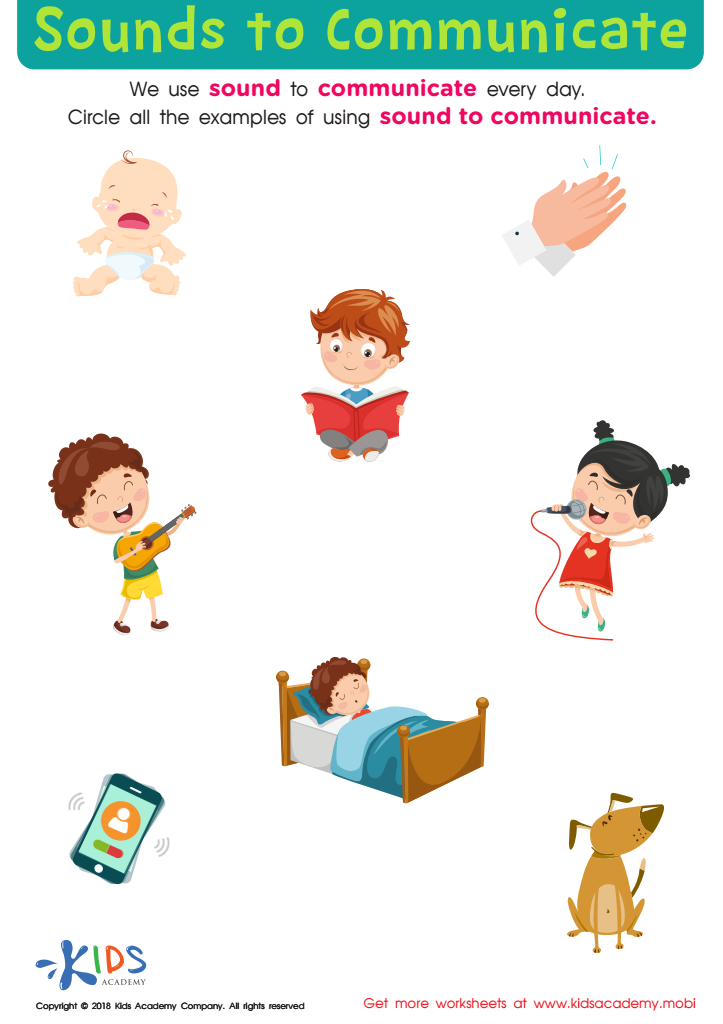

Sounds to Communicate Worksheet
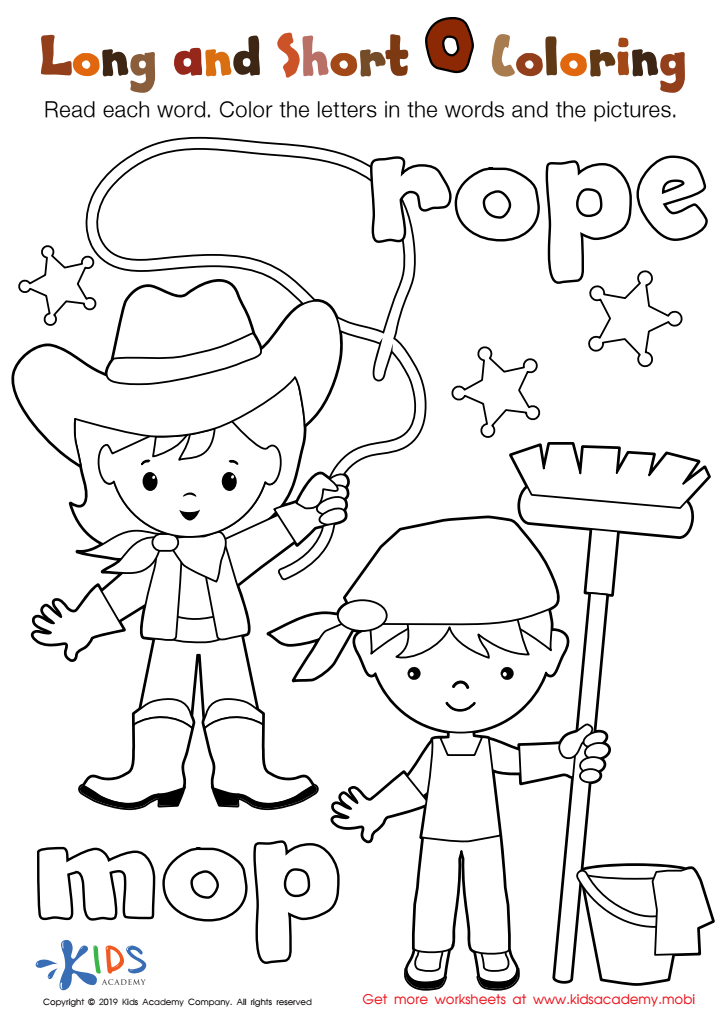

Long and Short O Worksheet
Phonics skills development is critical for children aged 6-8, as it forms the foundation for reading and writing proficiency. During these formative years, children begin to connect sounds to letters, enabling them to decode words, which is essential for effective literacy skills. When parents and teachers prioritize phonics, they equip children with the tools necessary for reading comprehension, allowing them to not just read aloud but also understand and engage with the material.
In today's information-rich society, strong literacy skills are a gateway to academic success across subjects. Children skilled in phonics are more likely to enjoy reading, fostering a lifelong love for learning. Additionally, early intervention in phonics can identify and address potential reading difficulties, ensuring that all children receive the support they need.
Moreover, children who are proficient in phonics often exhibit greater confidence when approaching complex texts, which can positively influence their participation in classroom discussions and overall school engagement. By caring about phonics skills development, parents and teachers play a pivotal role in enhancing children’s literacy, academic performance, and self-esteem, setting them on a path toward success in both school and life.
 Assign to My Students
Assign to My Students




















